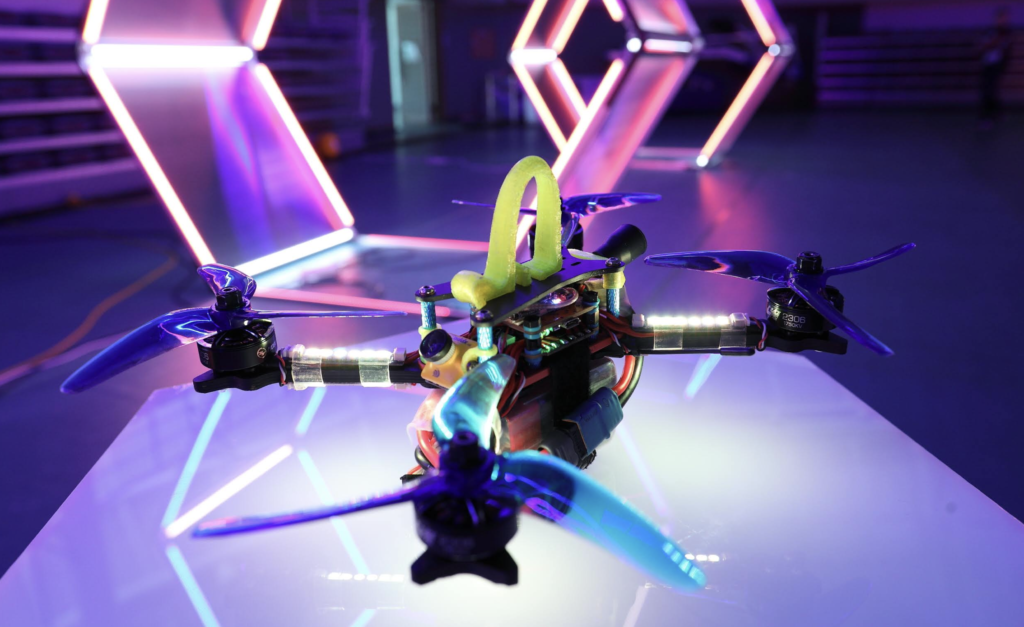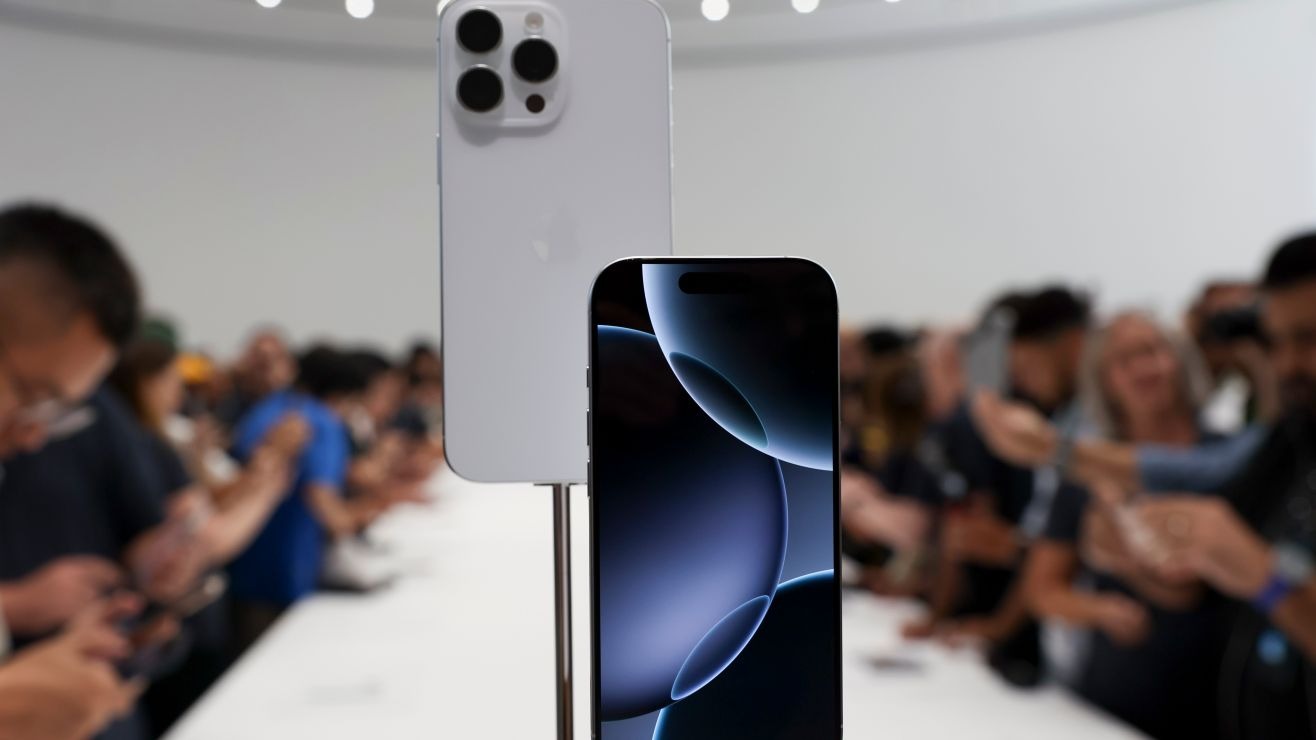First it was chess and then video games like StarCraft or Gran Turismo. The ability of machines to beat humans has now extended to drone racing, where Swift, an artificial intelligence system, has beaten the world’s best pilots.
Swift’s achievements have been published in Nature, in a study co-authored by Swiss and Dutch researchers who consider the result to represent a milestone for mobile robotics and artificial intelligence.
Additionally, they estimate that the system will encourage the deployment of hybrid solutions based on learning in other physical systems, such as autonomous ground vehicles, aircraft, and personal robots.
Swift has faced a series of races with drones with first-person view, so you can experience the sensation of flying from inside the drone through virtual reality goggles.
The overall result of the artificial intelligence race against three professional drivers was that Swift won 15 races compared to 10 races won by humans.
A team coordinated by Elia Kaufman from the University of Zurich (Switzerland) designed an autonomous system capable of competing with physical vehicles at the level of human world champions.
The system combines deep reinforcement learning in simulation with data collected in the physical world, and converts internal sensory measurements into control commands using a combination of learning-based and traditional algorithms.
This may interest you: Europe supports Pfizer’s vaccine update to Omicron subtypes
Maximum learning: Swift AI system beats expert pilots in drone racing
Achieving the status of a professional pilot with an autonomous drone is challenging because the robot must fly in physical range by estimating its speed and location on the path exclusively from onboard sensors.
In a series of races on a real-world track designed by a professional drone racing pilot, Swift competed against three humans, including world champions from two international leagues.
Alexander Vanover, 2019 Drone Racing League World Champion; Thomas Pitmatta is a two-time MultiGP International Open World Cup Champion and Marvin Schaefer is a three-time Swiss National Champion.
The quadcopters used by Swift and the human pilots had the same weight, shape and propulsion, and were similar to the drones used in international competitions.
The human drivers spent a week training on the circuit, after which they competed in several head-to-head races against the Swift.
Not only did Swift win the overall against the professional drivers, but she also set the fastest race time ever recorded at the circuit, half a second ahead of the best ever recorded by an individual.
Vanover did best in front of the engine, winning four and losing five of the nine races; Shaper won three and lost six. Ultimately, Pitmata competed only seven times, of which he won three.
The study also collects the opinions of pilots after encountering artificial intelligence, among whom, Schaeper said, “It’s different racing against a machine because you know the machine won’t tire.”
With information from EFE.
Small text and great information on our X before Twitter, follow us!





:quality(85)/cloudfront-us-east-1.images.arcpublishing.com/infobae/KTKFKR763RBZ5BDQZJ36S5QUHM.jpg)